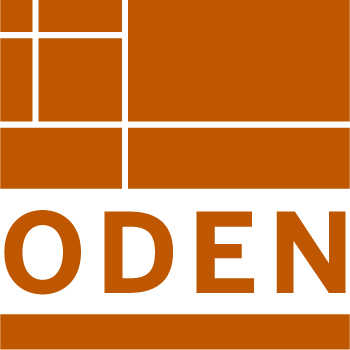Upcoming Event: Oden Institute Seminar
Rami Nammour, TotalEnergies Research & Technology
3:30 – 5PM
Thursday Jul 17, 2025
POB 6.304 and Zoom
The inverse problem (IP) of reflection seismology seeks to recover the subsurface velocity from surface measurements of acoustic pressure data. This IP is nonlinear and large scale. Formulating its solution as an output least squares optimization problem (termed FWI: Full Waveform Inversion) leads to a computationally expensive, nonconvex optimization. The large scale of the IP limits feasible approaches to local, gradient based, optimization algorithms; while its computational complexity limits the number of affordable iterations.
This talk numerically investigates the ability of generative modeling (Generative Adversarial Networks and Variational Auto-Encoders) in machine learning to encode the velocity model with a modest number of degrees of freedom. The decimation of the scale of the domain of the IP renders global optimization methods feasible, circumventing nonconvexity. As a first attempt, this study encodes layered 1D media. We show numerically that a learned sparse representation can match the success rate of an explicit sparse representation (available for the case of layered media) for solving the IP.
Rami Nammour graduated in 2011 with a PhD in Computational And Applied Mathematics from Rice University. He has since been working for TotalEnergies Research and Technology where he currently leads a project on Inverse Problems and Uncertainty Quantification, dealing with various applications from seismic imaging, CO2 sequestration, wind energy, and leak detection for HSE (Health Safety and Environment).
